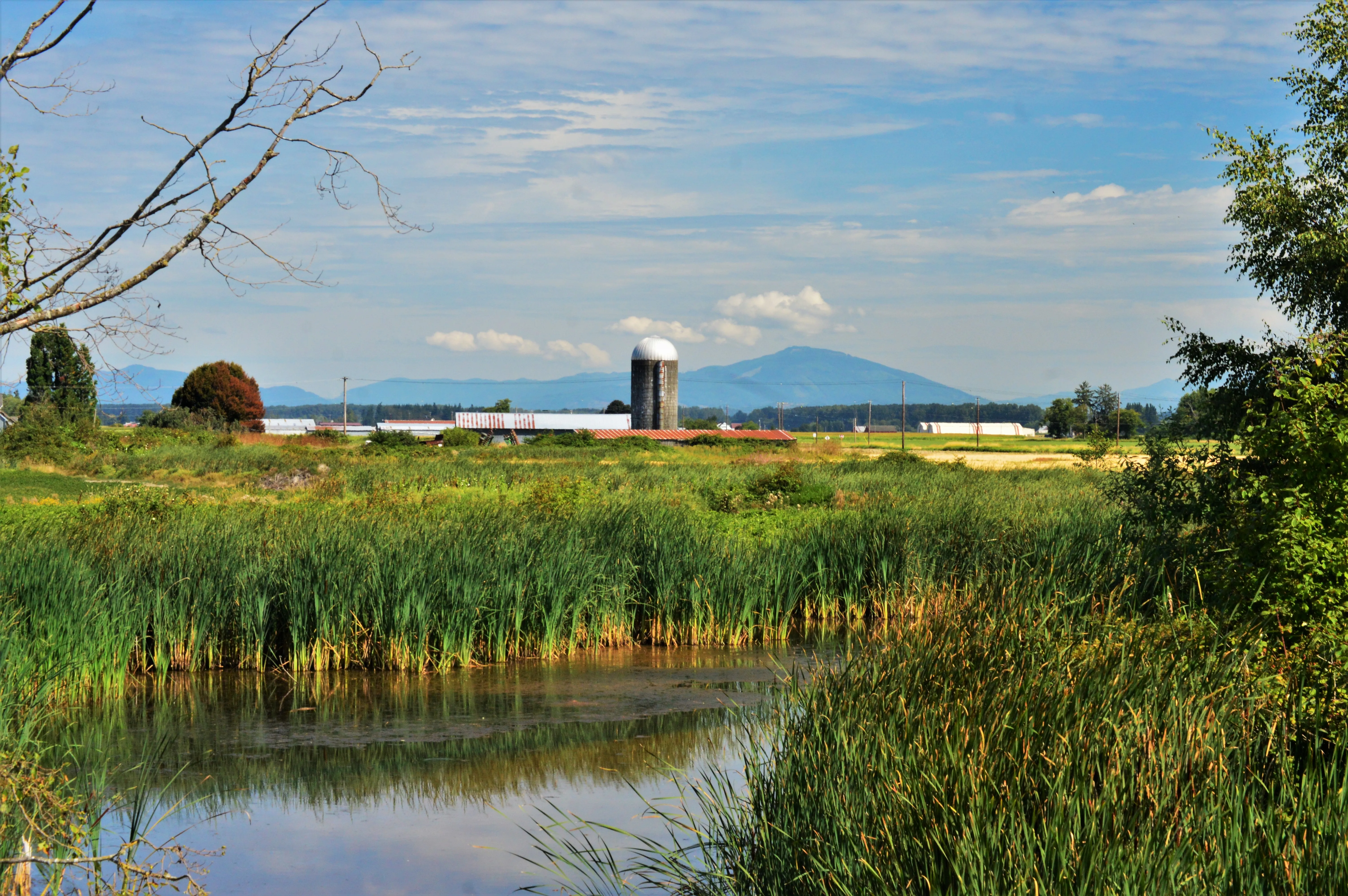The Importance of Water Conservation in Farming
Delve into the crucial role of water conservation in sustainable farming with our expert guide. Tailored for Bangalore's agricultural sector, this blog post highlights effective water-saving strategies vital for modern farming practices. Learn how to optimize water usage, enhance farm efficiency, and contribute to environmental sustainability. Embrace Vriksha Farms' commitment to responsible water management, ensuring long-term success and sustainability in agriculture

Introduction
In the realm of sustainable agriculture, water conservation stands as a critical component. At Vriksha Farms, positioned amidst the green expanses near Bangalore, Kanakapura Road, and throughout Karnataka, we place a strong emphasis on the efficient use of water. This blog aims to shed light on the importance of water conservation in farming, especially for those invested in agriculture land, and how it contributes to sustainable living and responsible agroforestry.
Why is Water Conservation in Farming Crucial?
Water is a finite resource, and its conservation is essential for the sustainability of agriculture, particularly in areas like Bangalore, where urban expansion and agricultural demands compete for water resources. Efficient water use in farming not only preserves this precious resource but also ensures the long-term viability of agricultural practices.
Strategies for Water Conservation in Farming
- Efficient Irrigation Systems: Implementing systems like drip irrigation and sprinklers that deliver water directly to the plant roots significantly reduces water wastage.
- Rainwater Harvesting: Capturing and storing rainwater for later use in irrigation is a key strategy in regions like Karnataka, where monsoon rains can be harnessed effectively.
- Soil Moisture Conservation: Techniques like mulching and the use of organic matter help retain soil moisture, reducing the need for frequent watering.
- Crop Selection and Rotation: Growing drought-resistant crops or those with lower water requirements can substantially decrease water usage.
- Water Recycling and Reuse: Treating and reusing greywater for irrigation purposes can greatly contribute to water conservation efforts.
The Benefits of Conserving Water in Agriculture
- Sustainable Resource Management: Conserving water ensures the long-term sustainability of water resources, crucial for agriculture land near urban areas.
- Improved Crop Yield: Efficient water use can lead to healthier crops and improved yields.
- Cost Reduction: Using water judiciously can reduce farming costs, particularly for those investing in agriculture land.
- Environmental Protection: Conserving water helps maintain the balance in local ecosystems and reduces the impact of farming on natural water bodies.
Vriksha Farms’ Commitment to Water Conservation
At Vriksha Farms, we integrate water conservation practices into our farming techniques, ensuring that our managed farmland plots utilize water efficiently. Our approach not only supports sustainable agriculture but also offers a model for those investing in agriculture land, demonstrating how responsible water management contributes to the overall success and sustainability of farming operations.
Conclusion
Water conservation in farming is not just an environmental imperative but a key aspect of sustainable agriculture. By adopting water-efficient practices, farmers and investors in agriculture land can ensure the sustainability of their operations while contributing to the broader goal of environmental stewardship. Vriksha Farms remains committed to these principles, leading the way in sustainable farming practices in and around Bangalore.
